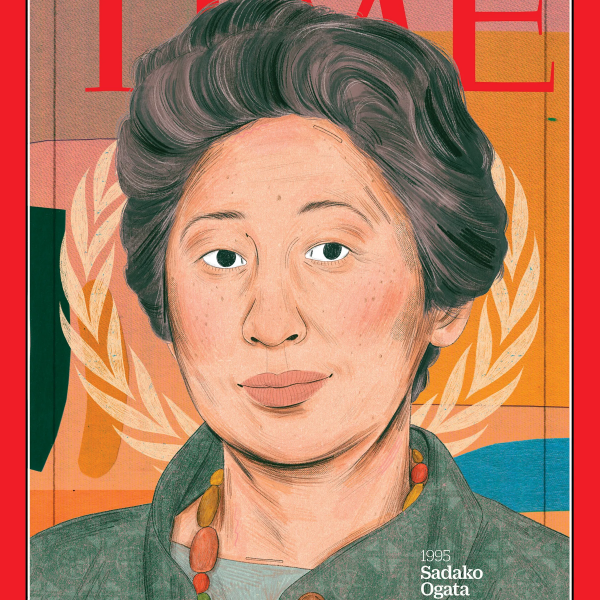Professor Tim Bartley presented on his research into corporate social responsibility initiatives. Full detail of his findings are found in his recent publication, Rules Without Rights: Land, Labor, and Private Authority in the Global Economy.
This past Friday, IAS Speaker Series welcomed Professor Tim Bartley from Washington University in St. Louis’s Department of Sociology to discuss his research on the effectiveness and failure of Corporate-Social Responsibility (CSR) initiatives. This is examined particularly as they pertain to global transactions between the Global North and Global South through transnational private regulation. CSR standards have typically been enforced by attempts to push through supply chains, like in the well-known cases of Apple and Nike. Shaming campaigns, conscious consumers, socially responsible investment, and government procurement have all been means to the end of enacting CSR standards in this way, with the received assurance by private companies themselves.
However, events like the 2013 Savar building collapse in Bangladesh (death toll of 1,134), which was audited by several major companies, and the Ali Enterprises Pakistani factory fires of 2012 (nearly 300 dead), which was affiliated with Social Accountability International, bring into question the actual effectiveness of global CSR initiatives. Professor Bartley argues that much of the research, theory, and policy around these issues have been formed from “10,000 feet up” above reality. Such policies operate under the presumption that sites of private enterprise in poor and middle-income countries are “empty spaces,” failing to take into account local social and economic systems. Current CSR standards are created without full regard for customs and processes in the areas that they are supposed to serve. Professor Bartley argues that CSR must be regarded as intersections of capital flow, transnational fields, and domestic governance in order to be effectively enacted for positive change.
Professor Bartley looks critically on such standards to question their effectiveness. If the initiatives did what they are intended to do, why would the 2013 Savar building collapse and similar disasters, supposedly managed by CSR organizations, happen in the first place? Focusing on the fair labor and sustainable forestry industries in China and Indonesia, Professor Bartley examines the systems and structures which influence successful corporate-social responsibility, and what can be done to make them better. You can delve into further detail with a copy of his book, Rules Without Rights: Land, Labor, and Private Authority in the Global Economy.




